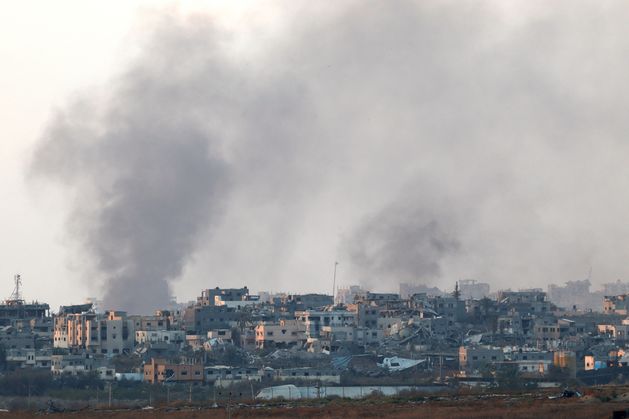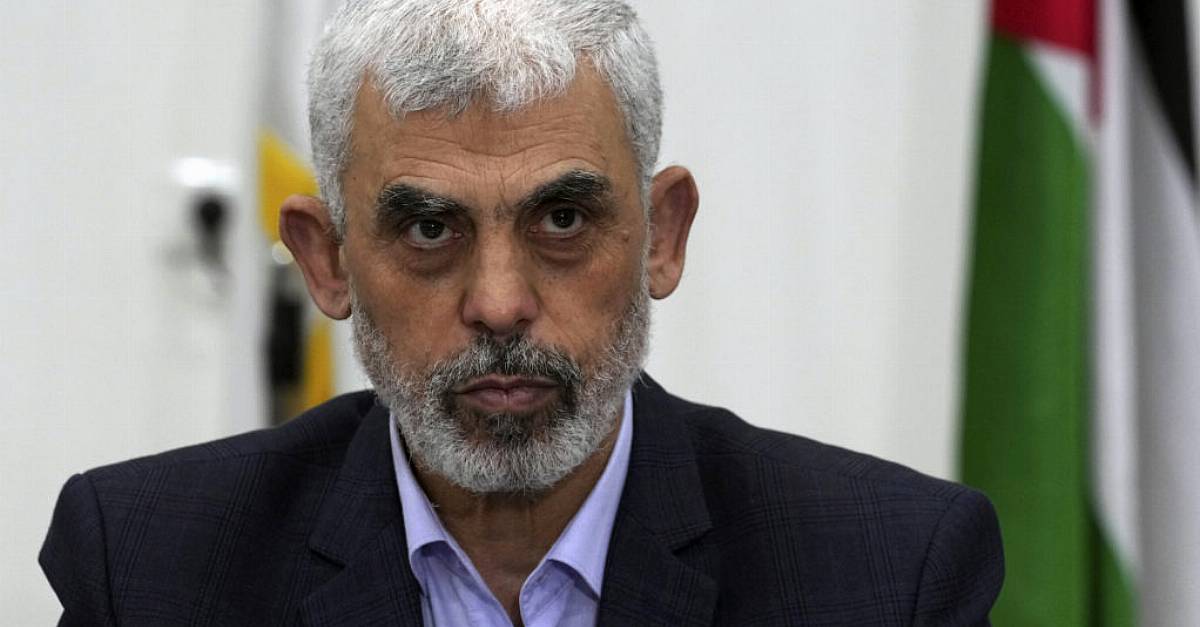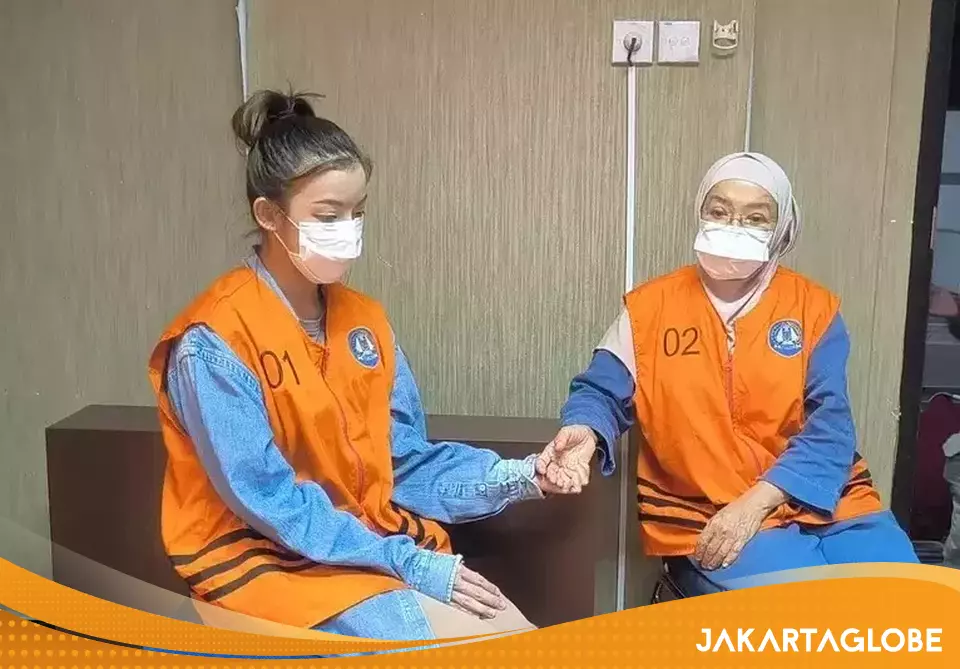Headline: EU Leaders Tackle Migration, Aid Distribution, and Middle East Conflict
EU Leaders Convene in Brussels to Address Migration and Global Crises
On Thursday, European Union leaders convened in Brussels to address pressing issues including migration, competitiveness, and ongoing conflicts in Ukraine and the Middle East. The Taoiseach of Ireland, Simon Harris, delivered a strong message concerning the situation in Gaza, emphasizing the urgent need for a ceasefire and a two-state solution. He pointed out the stark reality that, despite international appeals, there was little indication that Israeli authorities were willing to engage in these dialogues.
Addressing the Middle East Conflict
During the council meeting, the Taoiseach questioned EU leaders on what further actions were necessary for Israel to engage in meaningful negotiations, signaling a growing unease among member states regarding Israel’s current stance. "What more must happen for Israel to listen?" he pressed, highlighting a consensus among leaders that Israel’s approach was increasingly regarded as untenable.
While leaders exhibited diverse perspectives on their support for Israel, there was an emerging consensus that action must be taken. The Taoiseach acknowledged that both Hamas and Hezbollah are classified as terrorist organizations but stated that Israel’s right to defend itself should be conducted in accordance with international law. He referenced both Ireland’s and the International Court of Justice’s opinions, which suggest that current actions may not align with these laws.
A notable point of contention among leaders was the distribution of humanitarian aid within Gaza. As reports of severe access challenges surfaced, Harris pointed to the growing humanitarian crisis facing the UN’s World Food Programme in delivering aid effectively. "The situation is critical," he remarked, urging collective action to ensure aid reaches those in need swiftly.
Goals for Conflict Resolution
Despite the differing viewpoints among member states regarding the conflict, the summit underscored a unified goal: immediate ceasefire, improved access to humanitarian aid, cessation of violence, and a pathway to a two-state solution. Harris posed an important question for his colleagues: "What can we, as European leaders, do to facilitate this?"
The safety of UNIFIL peacekeepers was also brought to the forefront, emphasizing the EU’s commitment to ensuring their security amid escalating tensions. Furthermore, Harris suggested revisiting the EU-Israel association agreement, probing potential public policy clauses that might apply given the current situation.
Migration Challenges and Legislative Action
In addition to the Middle Eastern issues, the council discussed the growing challenges of migration within the EU. Leaders participated in extensive discussions about the impact of migration across member states, recognizing its direct implications for countries like Ireland.
"Ireland wants to see governments getting to grips with the migration issue," declared Harris, underscoring the imperative of the EU Migration Pact. "The European borders and how the EU operates regarding migration directly affect Ireland," he added, as he reiterated his government’s commitment to introducing legislation as soon as possible to address these challenges.
Ukraine’s Presence at the Summit
The summit also featured President Volodymyr Zelenskyy of Ukraine, who presented his "victory plan" alongside a call for expedited membership in NATO. EU leaders responded affirmatively, agreeing to task the European Commission with drafting legislation aimed at providing a legal framework for speeding up the migrant return process.
With migration policies evolving in response to the crisis and geopolitical factors in play, the implications for internal EU dynamics are profound. The EU’s approach could redefine not only its border management but also its relationship with neighboring nations and the humanitarian efforts underpinning migration flows.
Impacts and Future Considerations
The discussions held in Brussels mark a pivotal moment for EU leadership. As this multifaceted conversation unfolds, it carries significant implications for international relations, humanitarian assistance, and the EU’s internal cohesion. Understanding the intricacies of these challenges will be vital not only for policymakers but also for civic engagement and public discourse across Europe.
The collective will displayed at the summit suggests a potential shift toward more coordinated action in the face of humanitarian crises and geopolitical challenges. For stakeholders—ranging from humanitarian organizations to government agencies—the outcomes of these discussions will undoubtedly shape the future of aid distribution, migration, and international diplomacy within Europe.
As the situation progresses, the EU members are called to remain engaged, ensuring that their policies reflect the urgency of the crises at hand while adhering to international norms and human rights standards.
Engage with Us
We invite our readers to share their thoughts on this significant EU summit. How do you think these discussions will impact future EU policies? Let us know in the comments below!
For additional insights on international relations and humanitarian efforts, explore our related articles on Key Migration Issues in the EU and Humanitarian Aid Challenges in the Middle East. For expert opinions, visit the United Nations on Global Aid Distribution.
This article adheres to ethical journalism standards and is based on accurate, up-to-date information. Please consider sharing this article across your networks to foster informed discussions on these crucial topics.


